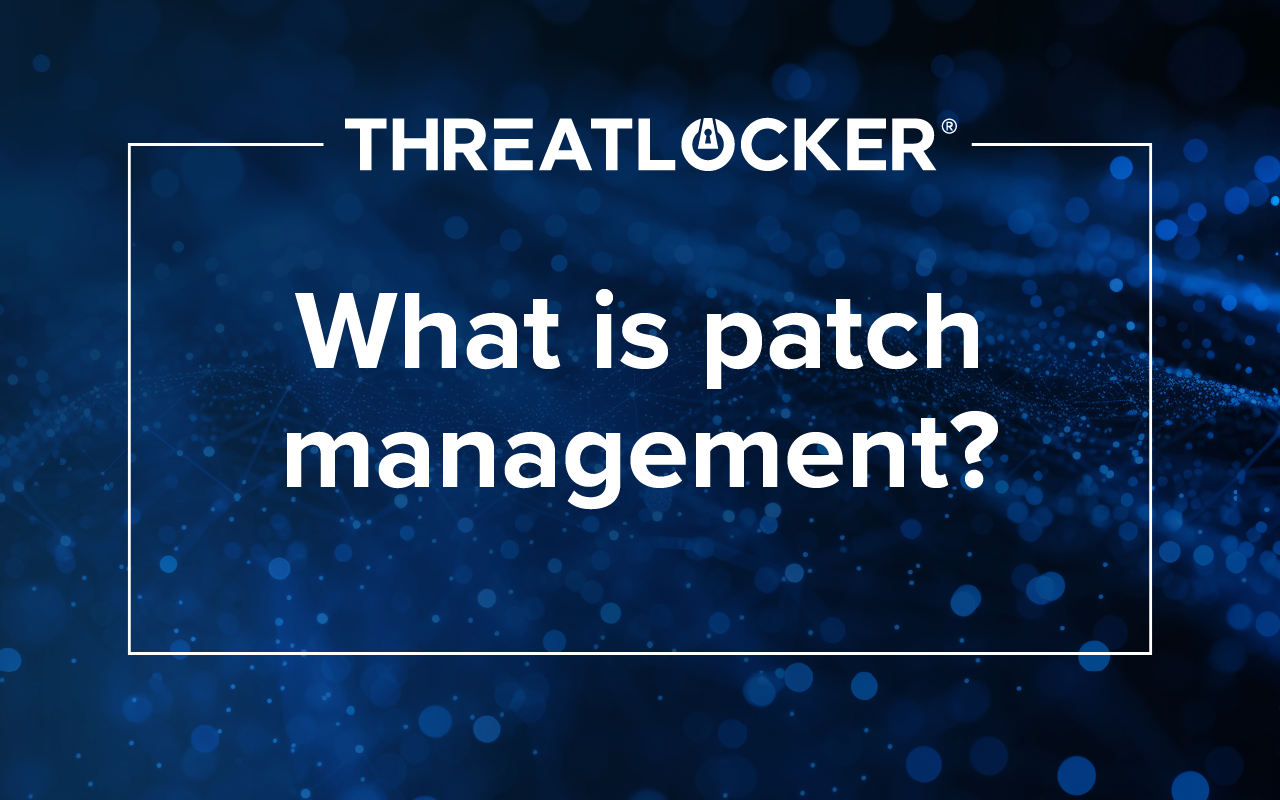Table of contents
After our recent “What is Storage Control” blog, we wanted to take a deeper dive into the technical aspects of ThreatLocker’s Storage Control and asked our social media audience for their burning questions. In this blog, we address six of the frequently asked questions received to share the answers with you!
How do we control storage/protect data?
Storage Control provides policy-driven control over storage devices, whether the storage device is a local folder, a network share, or external storage such as a USB drive. ThreatLocker® Storage Control allows granular policies to be set, which could be as simple as blocking USB drives, or as detailed as blocking access to your backup share, except when accessed by your backup application.
Can I block iPhones and Android devices from connecting as storage devices?
Yes, although blocking iPhone and Android devices from connecting as storage devices is a function of Application Control, rather than Storage Control, as it requires driver files be blocked from execution.
With storage control you can go beyond just blocking USB hard drives and have granular control over what happens on all external storage devices. Whether it’s Network Attached Storage, USB drives or secondary hard drives directly connected to your computer, your endpoint is secured.
Can ThreatLocker Storage Control recover deleted/lost files?
If you're using Storage Control and somebody moves a file that is on your machine by mistake or by hardware malfunction that's caused them to lose a file, you can see where they moved it, who deleted it, what program they used to move it, and what folder it was moved to, all of which is logged in the unified audit. So, whether files are moved either intentionally or by mistake, you'll be able to see exactly what happened and recover the lost or deleted file.
How is ThreatLocker Storage Control different from others?
ThreatLocker takes Storage Control beyond just blocking USB hard drives and gives you granular control over what happens on all external storage devices. Control what happens on file servers, and what devices are being used in your business. With ThreatLocker® firewall-like policies, you can configure powerful policies that give granular control of everything from file servers to USB hard drives. Policies can be set to meet your exact requirements and can be configured based on user, computer, file types, device types or serial numbers, and even what application needs access to the device.
What security compliance standards are met with Storage Control?
HIPAA requires that healthcare organizations use and enforce encryption across all devices, including removable storage. Moreover, by creating fine-grained application access controls, healthcare organizations can limit risky access that can lead to data leakage and privacy violations. ThreatLocker’s Storage Control solution enables organizations to set detailed controls around file shares. Additionally, healthcare organizations using Storage Control can enforce encryption across portable storage devices and prevent users from copying data to unencrypted external storage locations, reducing the risk that employees or contractors can steal ePHI.
Talk to the Cyber Hero Team today to see Storage Control in action.





